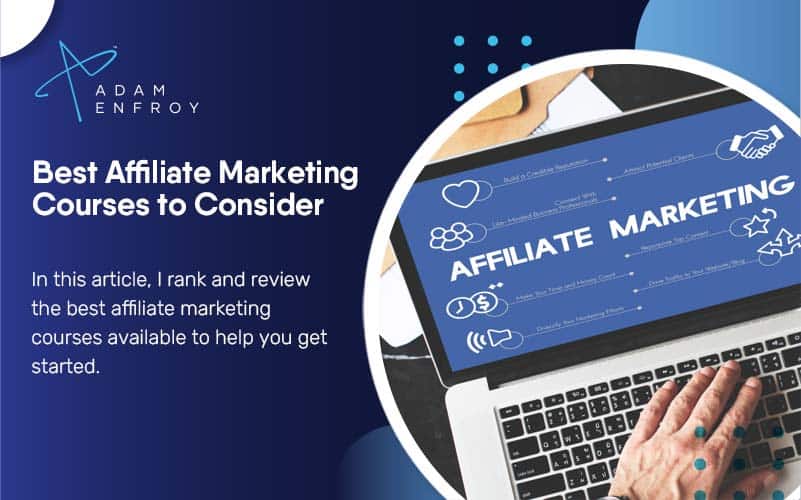Entering 2022, privateness expertise was recognized as the highest prediction for elevated advertising and marketing funding to search for all year long. Consumers have voiced anger, confusion and suspicion over firm breaches, undesirable sharing of private data, and assortment of knowledge from different entities. A survey proper earlier than the brand new 12 months, seen in Forbes, confirmed that just about 160 of 463 chief advertising and marketing officers put privateness first over synthetic intelligence (AI), the metaverse, and different expertise predictions impacting the trade.
As firms scramble to verify the privateness compliance field, the principle resolution to making certain shopper privateness and belief in a aggressive market house is listening to straight from prospects themselves. Zero-party knowledge is knowledge {that a} buyer deliberately shares with a model, reminiscent of their preferences, insights, profile knowledge and consents. Customers count on firms to present worth in return for his or her willingness to share their private data. This course of builds belief with the shopper and helps firms keep compliance. For instance, one of the frequent types of zero-party knowledge is amassing an individual’s e-mail tackle, areas of curiosity, and consent once they enroll to obtain product data. This fundamental data allows companies to give prospects what they need transferring ahead, which in flip incentivizes prospects to proceed to share knowledge.
How is Zero-Party Data Different Than First-Party Data
Zero-party knowledge is a subset of first-party knowledge. In addition to the zero-party knowledge {that a} buyer explicitly shares with a model, first party-data additionally contains knowledge that an organization straight collects about prospects as they work together with their model reminiscent of demographic data, buy historical past, and subscription knowledge. While companies use this implicit first-party knowledge to goal prospects, it may possibly solely provide inferred insights about areas of curiosity.
How is Zero-Party Data Different than Third-Party Data
When contemplating how firms predominantly work together with their prospects, a big proportion of buyer insights (e.g., what the shopper is fascinated with or not fascinated with) have been obtained from exterior third-party knowledge. Whether it’s by on-line exercise, third-party cookies, affiliate networks, social media engagement, and so on., firms faucet into many outdoors knowledge sources to get their services or products in entrance of the individual.
For instance, a majority of outlets use details about customers that is collected when customers go to numerous web sites. Third-party knowledge is collected when trying to find or clicking on an merchandise to presumably buy and it is saved within the shopper’s net shopping historical past. Retailers can then share or buy that shopping historical past with different companies or associates. However, net browsers, reminiscent of Apple’s Safari and Mozilla’s Firefox have already eradicated third-party cookie monitoring and others like Google Chrome might be phasing out third-party cookies in 2023. Therefore, from an internet net shopping historical past perspective, the third-party knowledge method of enormous firms has been known as into query and is even larger now within the shifted digital actuality most have tailored to due to the COVID-19 pandemic.
With many firms nonetheless leveraging third-party knowledge, the most important weak spot is making assumptions about what pursuits the shopper. Just as retailers monitor exercise on their web sites, assumptions of what product the shopper is (e.g., if they are going to buy that specific product or need to search for related merchandise) is segmented by commercials and may be seen more often than not on social media feeds. Just take into consideration what number of instances you’ve got seen a product you discovered on Amazon.com that you just didn’t essentially need pop up on Facebook. The underlying message right here is that zero-party knowledge places the shopper accountable for what they need or don’t need the corporate to bear in mind about them, whereas third-party knowledge is based mostly on assumptions and utterly bypasses consent.
What’s the End Goal of B-to-C Marketing?
With firms persevering with to evolve their bodily enterprise fashions to a digital mannequin, it’s necessary to put money into and develop a well-thought-out zero-party knowledge technique. Customers need to have extra energy of their relationships with the businesses from which they purchase merchandise, and corporations want to interact them by way of extra personalised experiences to proceed offering high-quality service. To present personalization for the shopper, every little thing from merchandise and content material to commercials want to be tailor-made for that particular particular person and be proprietary to the model. An necessary attribute of zero-party knowledge is that it is proprietary and no competitor has entry to it. Moreover, the way forward for advertising and marketing additionally depends on being closely relationship based mostly, wherein the corporate should give full transparency into the way it intends to use the shopper’s knowledge and supply worth in return for patrons sharing their knowledge.
Ultimately, by giving prospects management of their choice, profile, perception and consent knowledge, it’s going to solely lead to them persevering with to purchase the corporate’s services or products and strengthen the long run relationship.
Jeff Jarvis is the senior vice chairman of technique and consulting for PossibleNOW, the pioneer and chief in buyer consent, choice, and regulatory compliance options.
https://www.mytotalretail.com/article/zero-party-data-management-is-needed-to-protect-consumer-privacy/




